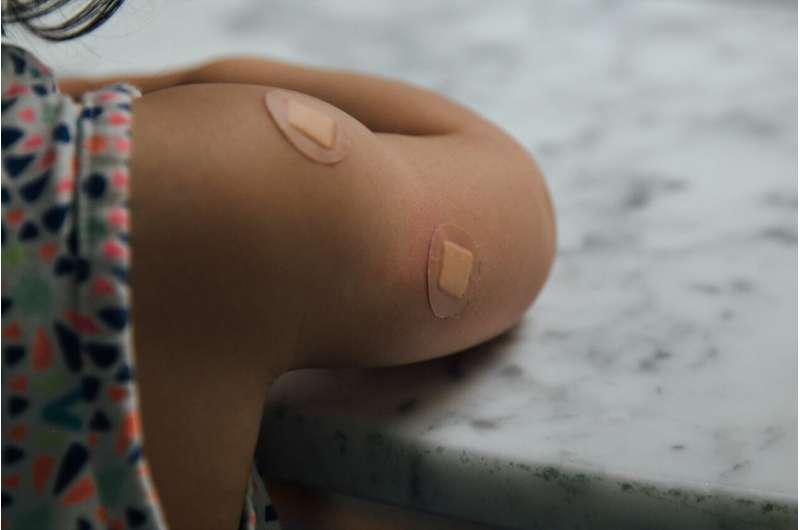
The EU has taken “bumpy” COVID-19 vaccine production into account in its plan to ramp up deliveries in coming months, the head of its supply task force said Tuesday.
Thierry Breton, the bloc’s industry commissioner, told a news conference the EU’s vaccine strategy should this week be augmented with the addition of Johnson & Johnson’s single-shot vaccine.
He said that approval would be “within the next, hopefully, days or hours,” and would bring the number of vaccines in use across the 27 member states to four, on top of ones from BioNTech/Pfizer, Moderna and AstraZeneca.
Breton reaffirmed the commission’s goal of greatly increasing deliveries in the coming three months, after a disappointing vaccination rollout started in January that faltered because of a lack of doses.
“I am confident that we will make it. But it’s difficult. It’s bumpy. And this is why we have this task force,” he said.
Breton said the bloc received only 14 million doses in January, 28 million in February and he expected more than 55 million doses in March.
That was well below the commission’s original projections, because of shortfalls by all three vaccine makers, particularly AstraZeneca.
But, he said, the bloc was now on target to receive 100 million doses in each of the next three months, and possible further hiccups have been “integrated” into the planning.
“I forced companies to have many, many (contingency) actions in case something could go wrong,” Breton said.
He added that reported production shortfalls in the United States by Johnson & Johnson would therefore not impact the EU’s outlook.
“Do not believe that because one company has a problem that overall it will jeopardise the whole programme. This is why it’s good to have today—or let’s say tomorrow—hopefully four vaccines to go, and soon five,” he said.
EU, US: vaccine powerhouses
The European Union has pre-purchased 2.6 billion doses of various vaccines for this year and next—more than enough for the entire bloc, whose population is 450 million.
The excess doses are to be given to poorer countries close to the EU, and in Africa.
Breton added that he was in “regular” contact with his US counterpart, Jeffrey Zeints, with whom he spoke on Monday, to ensure EU-US supply chains making the vaccines can operate with minimum friction.
That was especially important because the US has a ban on exporting COVID-19 vaccines and their components, although it and the EU were interdependent in the production of many ingredients.
“Europe and the US are the only continents being able to produce what will be needed, at the level of the planet, to get through this crisis,” Breton said.
Source: Read Full Article